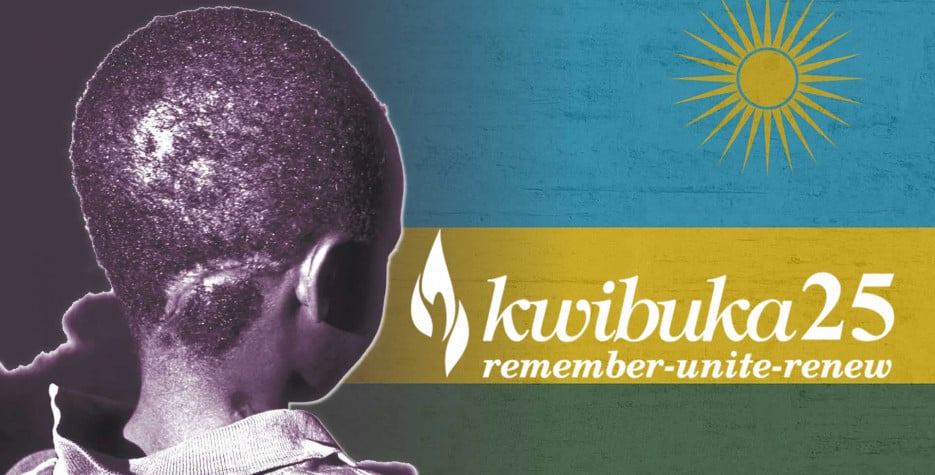When is Genocide against the Tutsi Memorial Day?
On April 7th, Rwanda memorialises victims of the 1994 Genocide against the Tutsi. Unlike other official holidays in Rwanda, this holiday is always observed on the same date, even if it falls on a weekend.
Also known as Kwibuka ('To Remember'), this day marks the beginning of the national mourning period.
History of Genocide against the Tutsi Memorial Day
The Rwandan genocide was a mass slaughter of Tutsi in Rwanda during the Rwandan Civil War, which had started in 1990. It was directed by members of the Hutu majority government during the 100-day period from April 7th to mid-July 1994.
It is estimated that up to 1,000,000 Rwandans were killed, constituting an estimated 70% of the Tutsi population. Additionally, 30% of the Pygmy Batwa were killed.
The genocide and widespread slaughter of Rwandans ended after the Tutsi-backed and heavily armed Rwandan Patriotic Front, led by Paul Kagame, took control of the capital and the country. An estimated 2,000,000 Rwandans, mostly Hutu, were displaced and became refugees.
Genocide Memorial Day marks the beginning of the national mourning period that lasts until July 4th and Liberation Day, a day set aside to celebrate the day Rwanda Patriotic Front brought to an end the 1994 Genocide against the Tutsi.
In 2003, a United Nations General Assembly adopted a resolution establishing the International Day of Reflection on the 1994 Genocide in Rwanda on April 7th. In January 2018, the day was renamed as International Day of Reflection on the 1994 Genocide against the Tutsi in Rwanda.


